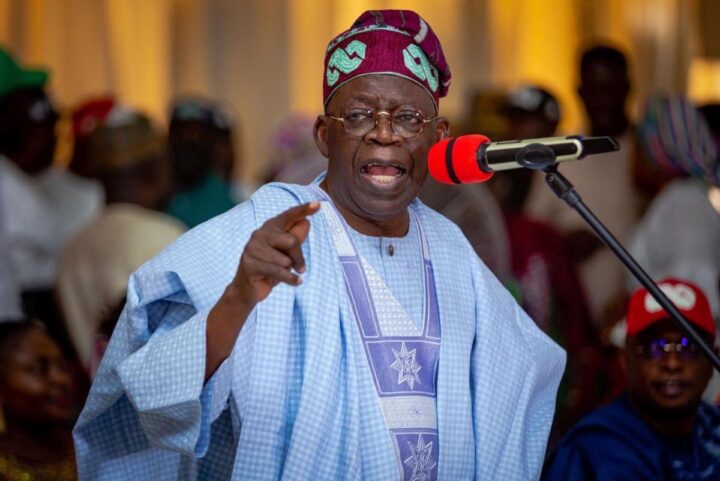Article Summary
- Financial analysts want the incoming administration of Bola Tinubu to formulate policies that will curb the rising inflation and grow the country’s GDP.
- The incoming government of Bola Tinubu will be faced with several challenging issues including battling to reduce inflation and grow the nation’s GDP which is on the decline.
- The incoming administration needs to step up the revenue drive and address the issue of corruption and inefficiency.
Financial analysts have expressed concerns over the rising inflation and decline in Gross Domestic Product (GDP) in the country.
These concerns were expressed at the Nairametrics clubhouse webinar on Saturday, 27th, 2023, where they called on the incoming administration of Bola Tinubu, to formulate policies that will curb the rising inflation and grow the country’s GDP.
Recall that in the first quarter of 2023, Nigeria’s GDP growth slowed by 2.31% on a year-on-year basis.
The growth, the NBS said represented a decline from 3.52% in the preceding quarter and 3.11% recorded in the first quarter of 2022.
Also, headline inflation rose to 22.22% in April 2023 from 22.04% recorded in the previous month, representing its highest level since September 2005.
A financial analyst, Uade Ahimie, stated that the incoming government of Bola Tinubu will be faced with several challenging issues including battling to reduce inflation and grow the nation’s GDP which is on the decline.
He noted that the government has to create a more enabling environment to enable better ease of doing business.
- “There is so much that can be done, there is a need to structure the civil service. The incoming administration has some challenges to fix. The government has to create an enabling environment to make the ease of doing business much better.
- They should ensure ranching rather than migration of herds to reduce herders-farmers clash across the country,” he said.
Another financial analyst, Cees Harmon, raised the concern of mismanaged wastages, calling on the incoming administration to look into the need to curb wastages in governance and block leakages.
- “The incoming administration should take steps to reduce waste in governance, the cost of governance is high, and there are some government agencies and parastatals that do little or nothing to the growth of the economy and get allocations.
- There are also linkages in the system, Nigerians pay taxes, and the tax revenues are sometimes not channelled where it supposes to be. The incoming government should ensure these linkages are blocked,” he said.
One of the clubhouse guest speakers, Bolariwa stated that Nigeria is one of the lowest taxes on GDP in the world.
He noted that Nigeria is underfunded, inefficient, and wasteful.
- “The incoming administration needs to step up the revenue drive and address the issue of corruption and inefficiency.
- I think the country has a government of revenue problem and government of inefficiency and we need to fix it,” he said
What you should know
The latest data from the National Bureau of Statistics indicates Nigeria’s Gross Domestic Product (GDP) grew by 2.31% year-on-year in real terms in the first quarter of 2023.
This compares to a 3.52% real GDP growth rate recorded in the previous quarter and 0.8% lower compared to the 3.11% recorded in the corresponding period of 2022.
The Statistics Bureau blamed the slowdown in GDP growth rate on the naira scarcity which occurred in the first quarter of the year as the central bank refused to back down on its naira swap policy.
Also, the Monetary Policy Committee (MPC) of the Central Bank of Nigeria has increased its benchmark interest rate (MPR) for the third time this year by 50 basis points to 18.5% in its recently concluded MPC meeting.
The decision of the CBN is made on the back of the rising inflation rate in the Nigerian economy. Headline inflation rose to 22.22% in April 2023 from 22.04% recorded in the previous month, representing its highest level since September 2005.
